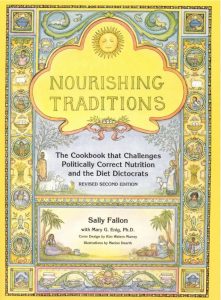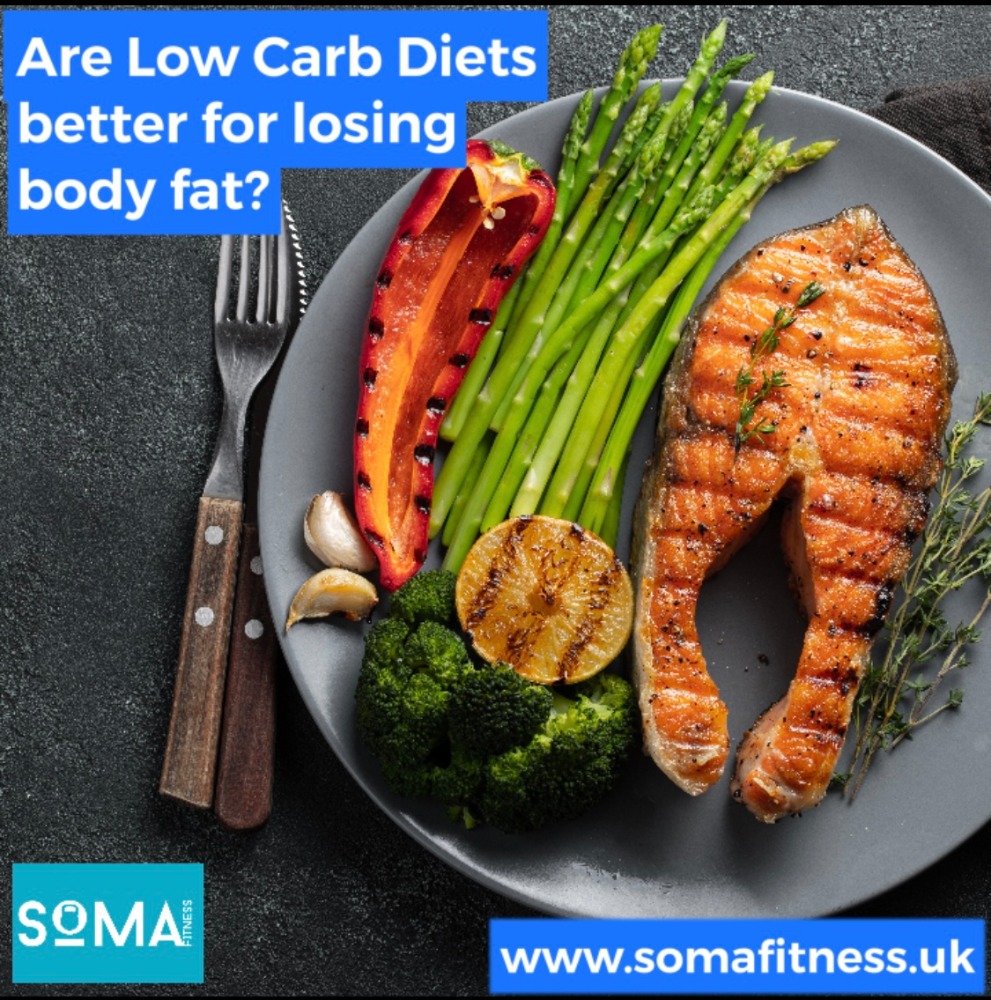Nourishing Traditions: A Path to Optimal Health and Well-being
In today’s fast-paced world, where processed foods dominate our diets, it has become essential to revisit the wisdom of our ancestors and reconnect with traditional methods of nourishment. “Nourishing Traditions” by Sally Fallon Morell is a remarkable book that offers a treasure trove of knowledge on the importance of traditional, nutrient-dense foods and their profound impact on our overall health. In this article, we will explore the key points of this enlightening book and discuss why everyone should consider reading it to improve their well-being.
Embracing Traditional Foods:
“Nourishing Traditions” emphasizes the significance of traditional food preparation methods, such as fermentation, soaking, and sprouting. These techniques unlock the nutritional potential of foods, enhance digestion, and increase nutrient absorption. The book explores the benefits of consuming foods like bone broth, fermented vegetables, and cultured dairy products, which are rich in probiotics, enzymes, vitamins, and minerals.
The Importance of Fats:
Contrary to popular belief, fats are essential for our health. “Nourishing Traditions” sheds light on the importance of consuming healthy fats like butter, lard, coconut oil, and animal fats. These fats provide crucial nutrients, aid in hormone production, support brain function, and promote satiety. The book challenges the myth of low-fat diets and highlights the dangers of highly processed vegetable oils.
Understanding Grains and Legumes:
While grains and legumes can be nutritious, they also contain antinutrients such as phytic acid and enzyme inhibitors that can hinder proper digestion. “Nourishing Traditions” delves into the traditional methods of preparing grains and legumes, like soaking and fermenting, to neutralize these antinutrients, enhance nutrient availability, and improve digestion.
The Benefits of Fermented Foods:
Fermented foods are a cornerstone of traditional diets across cultures, and “Nourishing Traditions” emphasizes their importance. Fermentation not only increases the shelf life of foods but also enhances their nutritional value. The book explores the benefits of fermented vegetables, dairy products like kefir and yogurt, and fermented beverages like kombucha. These foods are rich in beneficial bacteria, enzymes, and vitamins, supporting gut health and boosting the immune system.
A Return to Animal Foods:
“Nourishing Traditions” advocates for the inclusion of animal foods in our diets, highlighting their nutrient density and unique health benefits. The book emphasizes the importance of consuming organ meats, bone broth, pastured eggs, and grass-fed meats, which are rich in essential amino acids, vitamins, and minerals.
“Nourishing Traditions” is a remarkable resource that brings to light the profound impact of traditional food preparation methods on our overall health. By embracing the principles outlined in this book, we can optimise our nutrition, enhance digestion, support gut health, and improve our overall well-being.
It is crucial for everyone to read “Nourishing Traditions” to gain a deeper understanding of how our food choices impact our health. By incorporating traditional, nutrient-dense foods into our diets, we can reclaim our vitality, strengthen our immune system, and experience the countless benefits of nourishing our bodies with wisdom from the past.



Recent Comments